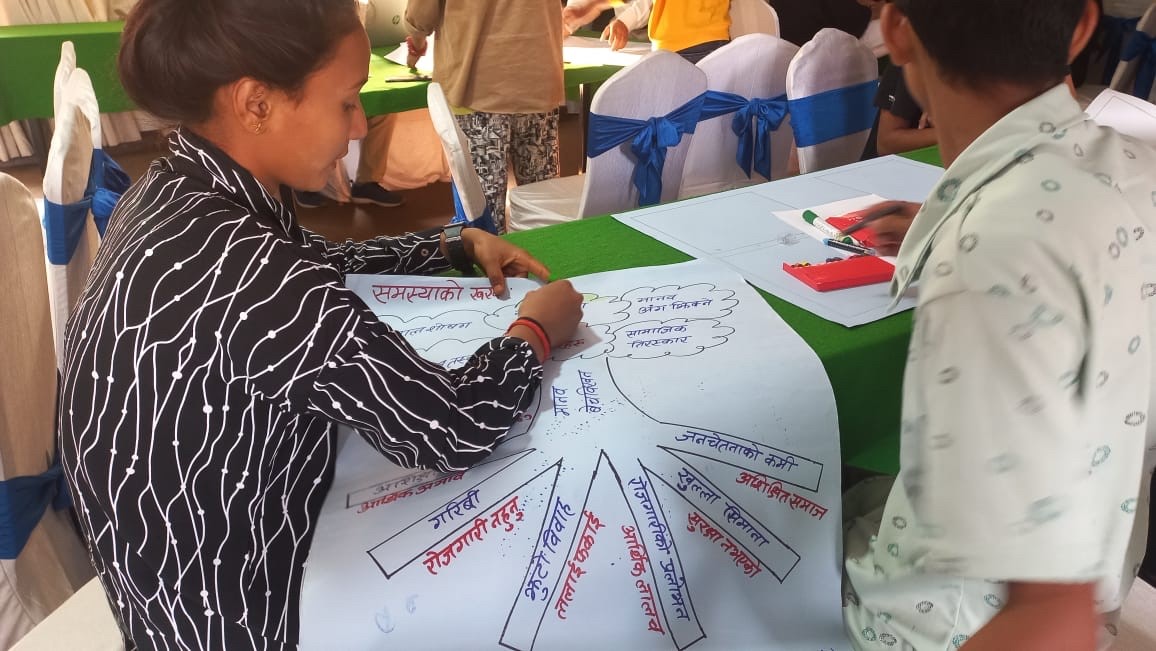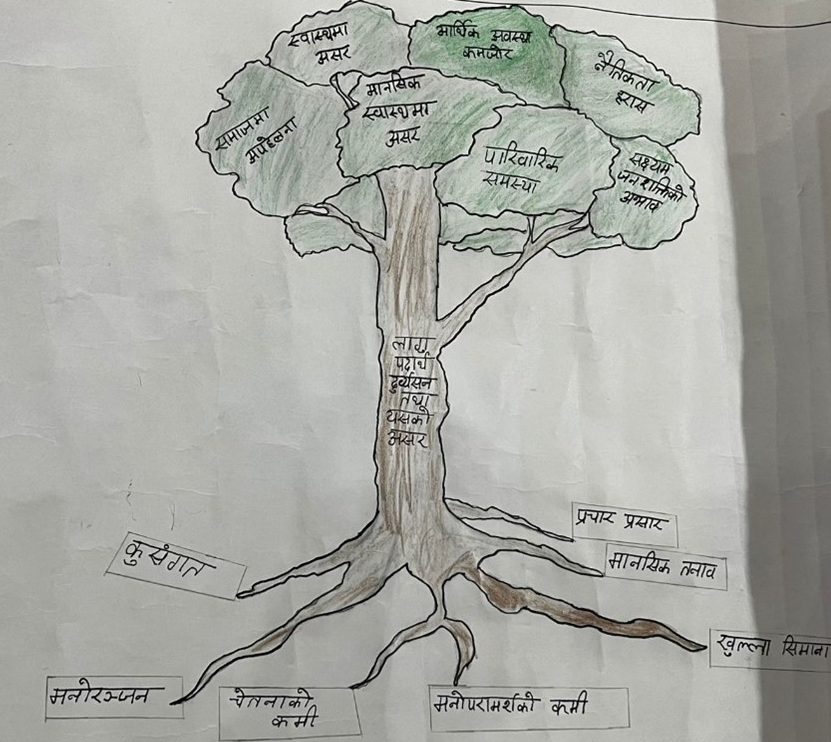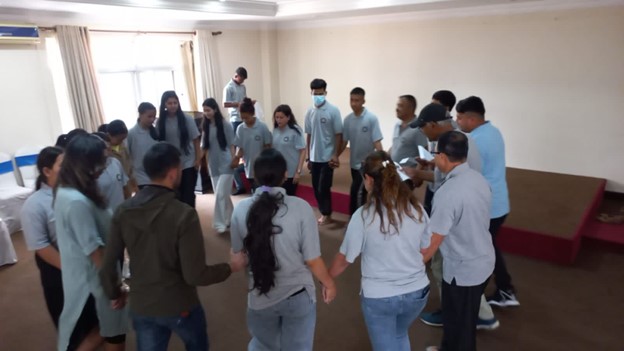Latest posts
- Register now: MAP International Online Conference 2025 1 June 2025
- Policy brief: Gira Ingoma book and policy brief: “The Culture We Want, for the Woman We Want” 28 November 2024
- Manuals and toolkits: GENPEACE Children’s Participation Module in the Development Process 13 November 2024
- Journal article: [Working Paper] Gira Ingoma – One Drum per Girl: The culture we want for the woman we want 30 October 2024
- Curricula: Beyond Tradition: Psychosocial Model 30 October 2024
- Curricula: Beyond Tradition Module: Revitalizing Lenong as a Model for Teaching Betawi Arts 30 October 2024
- Curricula: Beyond Tradition: Lenong Revitalisation as a Model for Teaching Betawi Cultural Arts 30 October 2024
- Beyond Tradition Lenong Performance “RAWR…! Kite Kagak Takut” 30 October 2024
- Journal article: [Working Paper] Facing Heaven – Déuda Folklore & Social Transformation in Nepal 30 October 2024
- Curricula: Building Community Curriculums 24 October 2024
- The Magic of Theatre Project Documentary 24 October 2024
- The Magic of Theatre Performances in 2024 24 October 2024
Small Grants to Grant Young People a Voice
5th May 2022

Caption: A Young participant drawing a Conflict Tree
As a general trend, policy-informing projects in Nepal are decided by donors and decisions are made from the top-down. Young people are often only at the receiving end of development and research projects.
Mobile Arts for Peace (MAP) Nepal allowed young people to brainstorm and develop a research project by themselves and implement it through the Small Grant Project Call.
From January-April 2022, seven child clubs implemented small grant projects on several topics including caste-based discrimination, gender-based violence, human trafficking, and drug abuse. In this blog, I am writing on how those issues and topics were selected by MAP Child Clubs in Nepal for MAP Small Grant Projects.
In a workshop organized by MAP Nepal team on 27th April 2022, the Small Grants Grantee shared the process how had they chosen issues and topic for the projects. Based on the responses collected in the workshop, I grouped the ideas into five major stages:
- Collection of ideas and issues through self-realization/peer observations by young people
- Analysing the issues through Conflict Tree Methods
- Consultation among child club members
- Consultations with teachers and parents
- Partnership with other local stakeholders.

A conflict tree analysis of drug abuse among young people prepared by one of MAP Nepal Club Member.
First, teams of 4-15 young people were formed in each school, where they had preliminary discussion meetings. They collected possible ideas, and the issues that they are facing. The ideas and issues were shortlisted giving priorities to the issues which are directly experienced by the team members or their peers. For example, a MAP club from Palpa district shared that one of their child club members got married at the age of 14 when she was studying at grade 9, hence, they prioritized child marriage issue on the top. A MAP club from Kanchanpur district shared that they found one of their peer’s attendances to school was irregular because he had to work to make a living, thus they decided to focus on child labour issues.
After the selection of the key issues, all the clubs used Conflict Tree Methods to analyze the issues. They looked at the root causes and effects of the problem. Then, they consulted back with all club members. After discussion, the issues and their analysis were note down and they asked teachers and parents for help. Finally, our MAP Nepal youth clubs collaborated with school management committees, Parents Teachers Association, Mothers Committee, Local Government, Local Music and Arts clubs, Local Artists, Nepal Police, and other local CSOs. They consulted with these local partners and involved them in the small grants’ activities.

Young people engaged in workshop – 27th April 2022
The small grant project allowed young people to gain initiative and leadership skills along with opportunities for co-creation, collaboration, and project planning.
The Small Grant project – supported by MAP – fostered a bottom-up approach in the creation of research and development agendas, thus, allowing young people to move beyond the role of beneficiaries into active creators.
We invite other researchers to give young people an active role in deciding the most pressing issues for research, and to give them a voice in the decision-making process.
